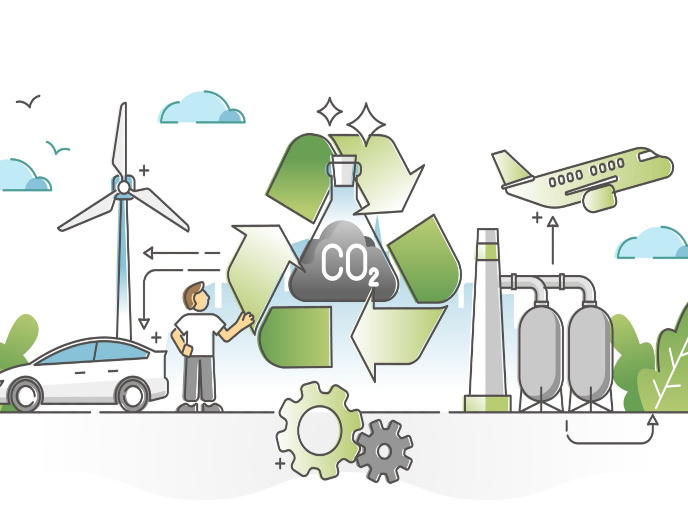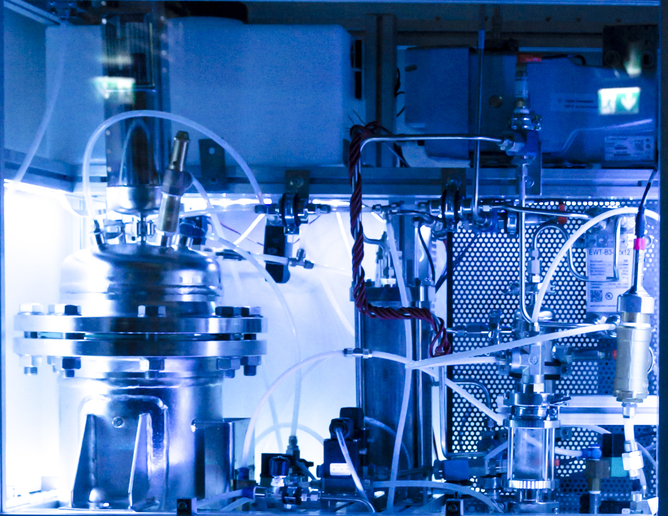Loss-free thermal energy storage
Development of efficient technologies to store waste heat for later use can significantly reduce carbon dioxide (CO2) emissions and mitigate the associated global climate change. EU-funded industry companies and scientists prepared and ran demonstrations of high-density thermochemical heat storage for temperatures above 120 degrees Celsius with the project HS-DEMO (Demonstration of a novel thermo-chemical heat storage system to improve energy-efficiency in CHP power plants and in solar driven industrial applications with high relevance in SMEs). The preceding HEATSAVER project provided proof of principle. HS-DEMO focused on demonstrating and optimising the HEATSAVER system in various industrial test scenarios. These included small-scale generation of heat and power as well as solar thermal plants. Thermochemical heat storage uses an adsorbent-adsorptive reaction pair that dissociates when heated and releases heat when allowed to react again. As long as the reaction is prevented, the heat is held. This system has several benefits compared to sensible heat storage (based on the kinetic energy of molecules) exploiting water or phase-change materials. Such systems are much more compact and lightweight due to higher energy density. In addition, release of heat is controlled and temperatures for storage and release can be adapted according to the application. HS-DEMO employed water as the adsorptive for an economical and environmentally friendly solution. The first demonstrator was used for space heating. Afterwards, it was installed at another test site serving as a compact and reliable part of the energy supply of a demonstration house. The main heat sources were oil heaters and solar thermal collectors, respectively. Waste heat from a saw dust burner provided heat to the third demonstrator, which provided heating for hot water and space heating as well. These innovative thermal storage systems can theoretically store 10 times the amount of heat that water can, requiring smaller storage containers and thus also facilitating their transport. In addition to cost savings, efficient heat storage contributes to reducing the use of fossil fuels and the associated CO2 emissions.







